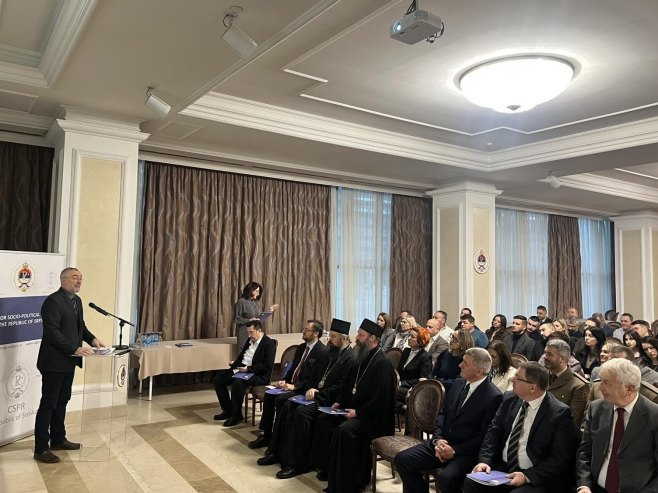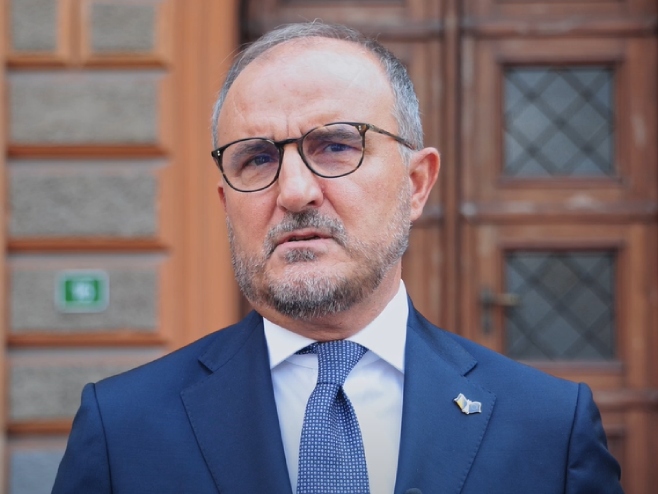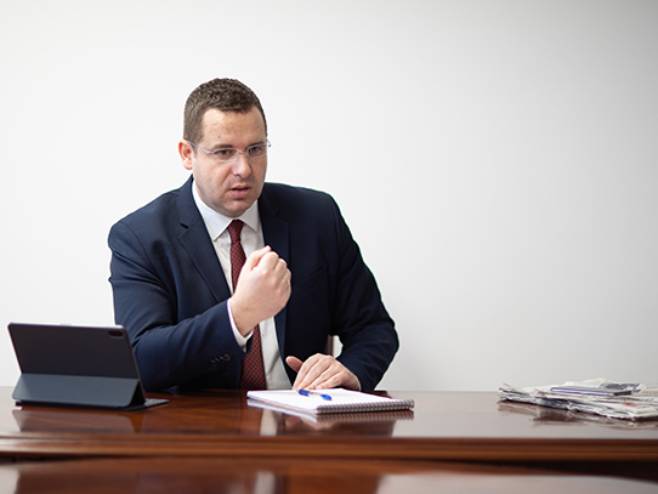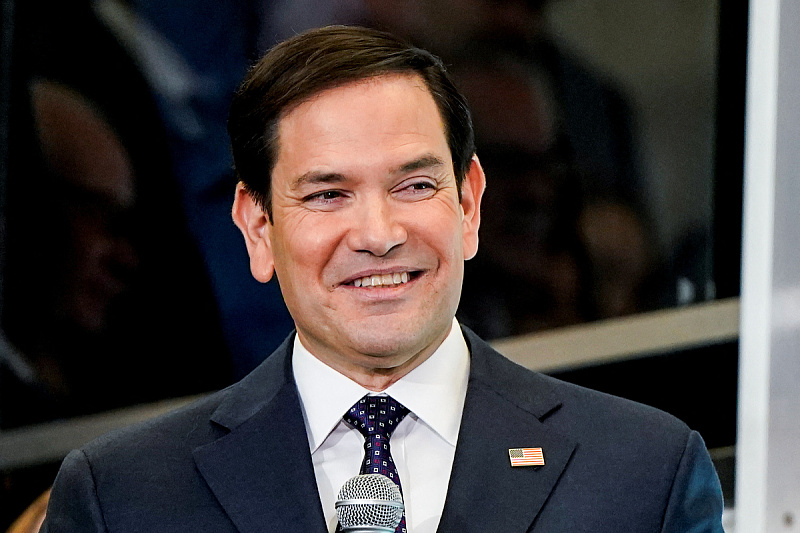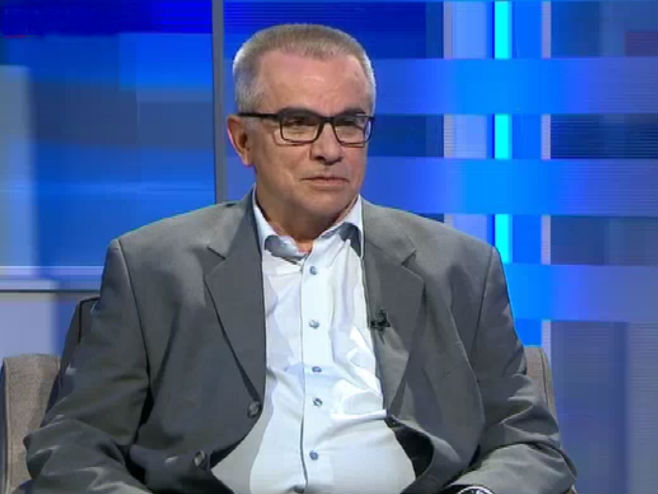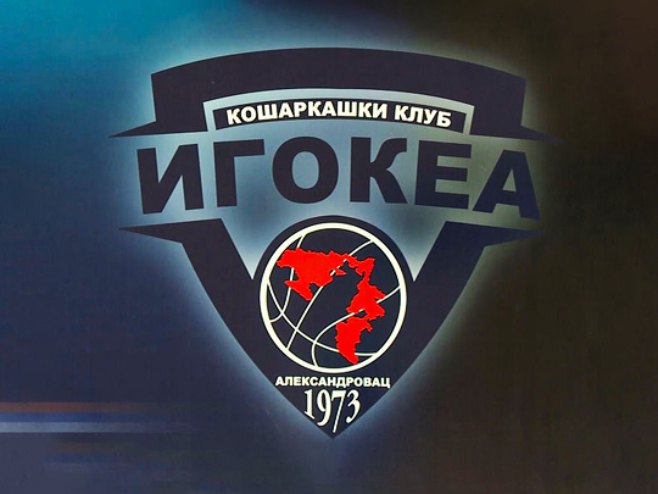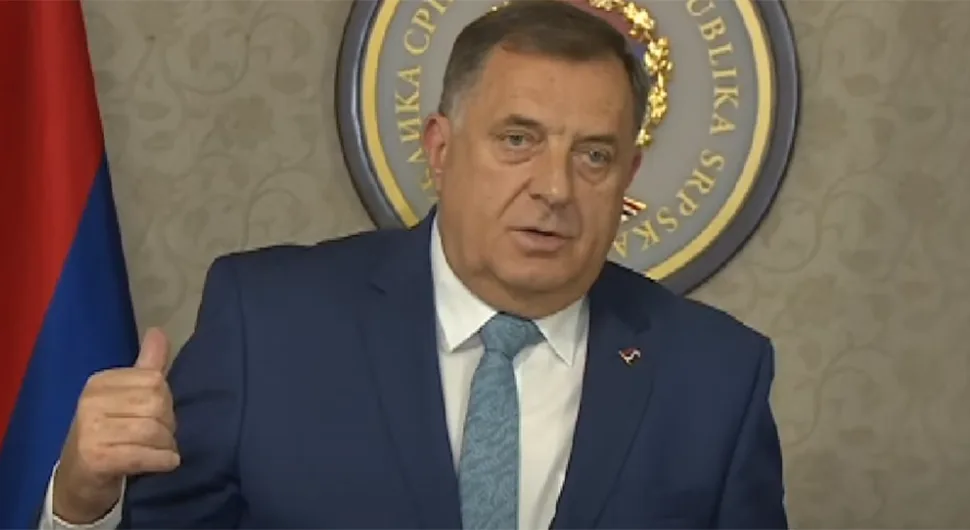Head of the EU Delegation to Bosnia and Herzegovina, Luigi Soreca, stated that EUFOR has a clear mandate—to ensure a safe and stable environment in BiH, which includes military missions and operations, not the enforcement of domestic laws.
“The manner in which this stability is maintained remains within the military mandate, but in the context of deterrence from committing various acts,” Soreca said in an interview for Nezavisne novine, adding that the mandate of EUFOR is not determined by the EU ambassador or its commander, but by the UN Security Council every year on November 1.
He emphasized that the constitutional crisis in BiH cannot be resolved by Brussels or EUFOR, but only by domestic institutions, since laws in the country are passed through legislative procedures, with authorized proposers and executive bodies responsible for implementation.
“We cannot replace domestic authorities, but we are doing everything we can—sometimes I think even more than that. It often feels like we are doing more for the EU integration process than the domestic authorities themselves. We are doing everything within our power to help this country overcome the crisis, to engage in dialogue with all sides, and to ensure that everyone takes their share of responsibility,” Soreca stressed.
He added that in the end, it will be up to the citizens to demand that their leaders fulfill their aspirations, noting that more than 71% of citizens still support EU integration.
Despite the ongoing constitutional crisis in BiH, Soreca said the EU is not changing its approach and that “the EU’s doors remain wide open” for Bosnia and Herzegovina to become a member. He emphasized the need to adopt key laws in the field of judiciary and appoint a chief negotiator with the EU.
Soreca also expressed concern over the constitutional crisis—specifically pointing to “the actions of the leadership of Republika Srpska” as a source of that concern.
Source: RTRS

